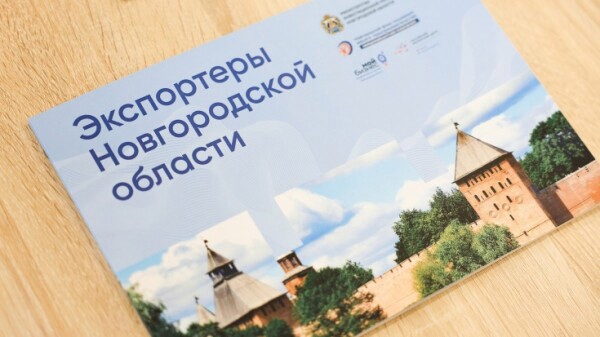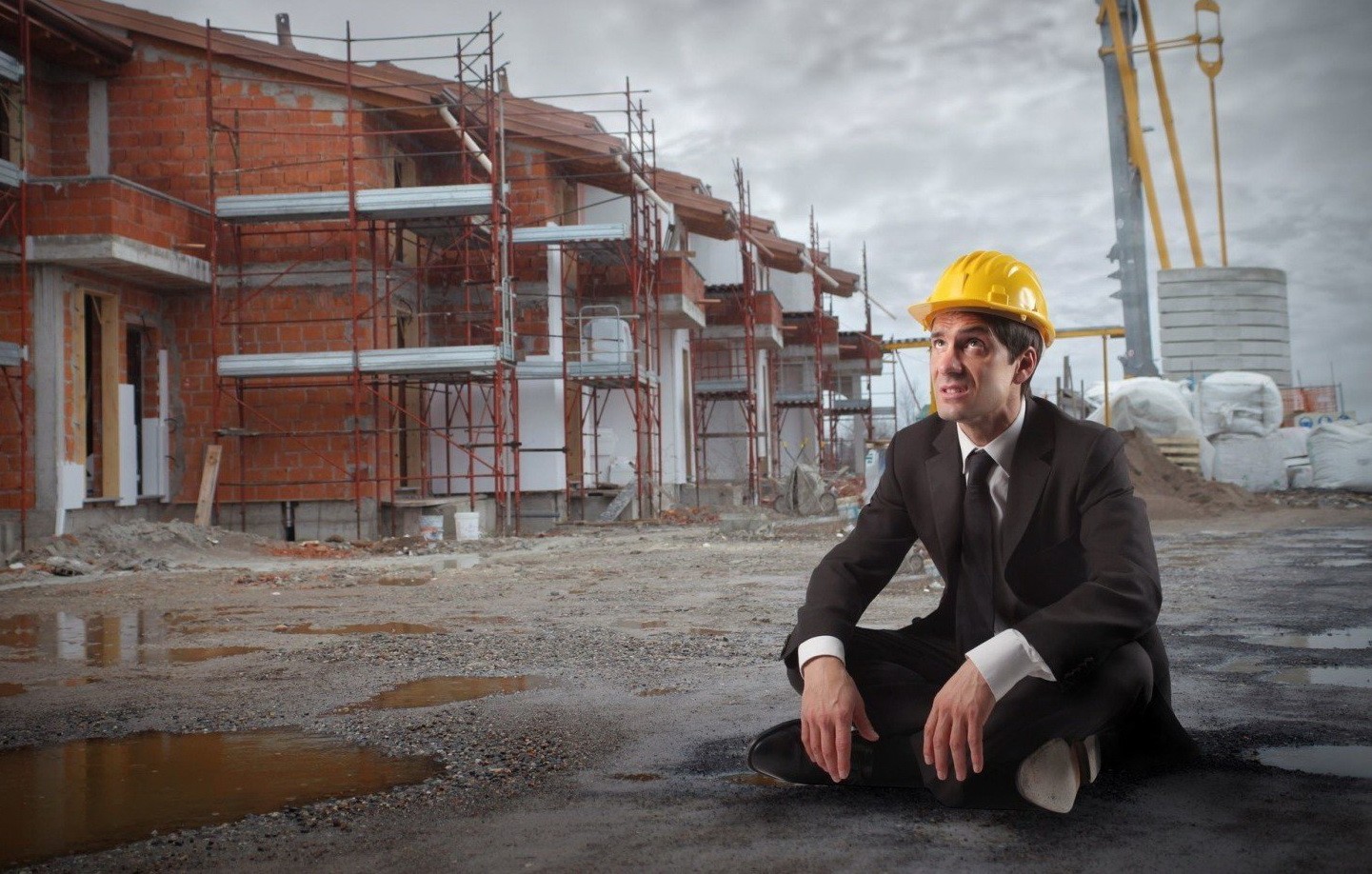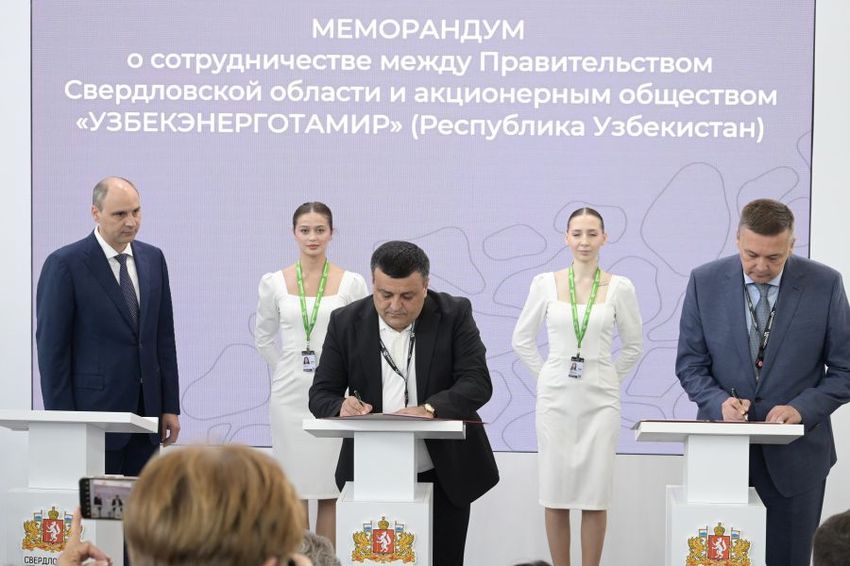At the St. Petersburg International Economic Forum (SPIEF ' 25), Russian President Vladimir Putin outlined the key achievements and goals of the Russian economy in the face of current challenges. In his speech, the Head of state emphasized the sustainability of macroeconomic indicators and the need to move to a more technologically advanced and highly paid development model.
According to the President's statement, the Russian economy is showing stable growth. In the first four months of this year, the country's GDP increased by 1.5% in annual terms. At the same time, Vladimir Putin noted that the annual GDP growth exceeds 4%, despite external and internal difficulties. The President also stressed that the growth of the economy is not tied exclusively to the military-industrial complex( MIC), but has a more diversified basis.
According to the president, Russia ranks first in Europe in terms of economic size. Vladimir Putin drew attention to the situation with inflation, which is developing better than previous forecasts: as of June 16, the annual inflation rate was 9.6%.
Unemployment in Russia is at its lowest level — 2.3%. The President emphasized that the country is among the world leaders in terms of low youth unemployment. In this regard, Putin called on the State Duma to speed up the adoption of a package of bills aimed at improving labor legislation. He stressed the need to move to an economy of high wages, which should be accompanied by the creation of high-quality jobs.
The head of state called the record reduction in the level of poverty in the entire history of modern Russia one of the significant social achievements. Today, this figure is 7.2%, while in 2000 the number of citizens below the poverty line was 42.3 million people. Now this figure has dropped to 10.5 million. The President set a goal to bring the poverty level to 5% and stressed that the achieved results are not enough yet.
Vladimir Putin outlined a strategic goal to bring Russia to the top twenty world leaders in terms of business conditions by 2030. According to him, the country's economy should become more technologically advanced, which is dictated by modern realities. In his speech, the president paid special attention to the topic of digitalization of the financial system, stating the need for mass use of the digital ruble to increase the efficiency and transparency of payments.
The President's speech at SPIEF’25 outlined the contours of the country's future economic course and confirmed the authorities ' intention to focus on modernizing the economy, improving the quality of life and strengthening technological sovereignty.











